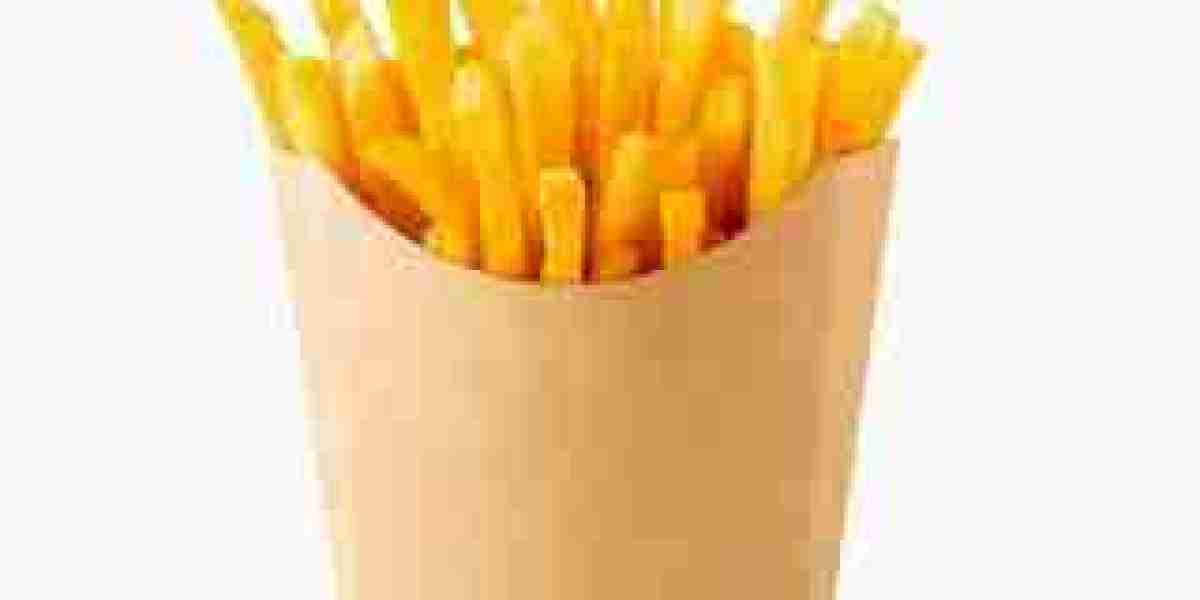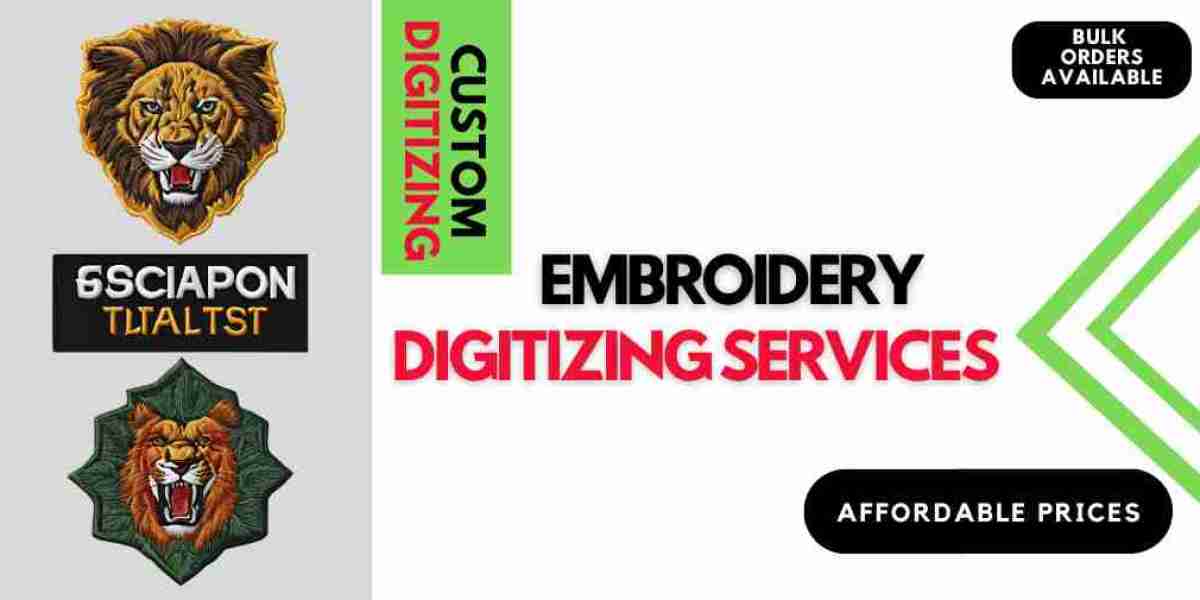What Is a French Fry Box?
A French fry box is a specially designed packaging solution used to hold, transport, and serve French fries. These containers are typically made of cardboard, paperboard, kraft paper, or eco-friendly materials and come in various shapes and sizes—from cone-style sleeves to boat-shaped trays and upright boxes. Their primary purpose is to keep fries crispy and warm while offering convenience to customers.
Why French Fry Boxes Matter in 2025
With the foodservice industry growing rapidly—particularly in takeaway and delivery—packaging has become more than just a container. Today’s French fry boxes contribute to:
Food quality maintenance: Preventing sogginess and retaining heat.
Branding: Offering a canvas for logos, taglines, and custom artwork.
User convenience: Enabling easy, on-the-go snacking without spills.
Sustainability: Aligning with consumer demand for eco-friendly options.
Key Features of High-Quality French Fry Boxes
To meet modern standards, French fry packaging must go beyond basic functionality. High-performing fry boxes should include:
1. Grease Resistance
French fries are oily by nature. A good fry box must have a grease-resistant coating to prevent leaks and stains that can ruin the customer experience. Many manufacturers now use plant-based or biodegradable coatings instead of plastic laminates.
2. Ventilation Holes
Strategically placed air vents help to release steam, ensuring fries remain crispy rather than soggy. This is especially important for delivery services.
3. Ergonomic Design
The box should be easy to hold and eat from, especially for customers on the go. Popular shapes include open-top sleeves for easy access and cone-shaped designs for aesthetics and utility.
4. Custom Printing Options
Brands often use French fry boxes as mini billboards. High-quality packaging includes customizable surfaces for printing brand colors, slogans, QR codes, or promotional campaigns.
Material Trends in 2025: Eco-Friendly and Functional
As sustainability becomes a top priority, the materials used in packaging are undergoing a major shift.
Kraft paper: Recyclable and biodegradable, kraft paper is popular for its rustic look and environmental appeal.
Bagasse (sugarcane fiber): A compostable alternative gaining traction due to its strength and eco-friendliness.
PLA-coated paperboard: Offers moisture resistance while remaining biodegradable.
Businesses that switch to eco-conscious French fry boxes not only reduce their environmental impact but also attract eco-aware customers—a key demographic in 2025.
? Stat: According to a 2024 Nielsen report, 73% of global consumers are willing to change consumption habits to reduce environmental impact, especially in food packaging.
Customization and Branding: More Than Just A Box
In an era where brand loyalty is influenced by aesthetics and ethics, French fry boxes offer a unique branding opportunity. Consider the following customization options:
Full-color printing
Die-cut windows or shapes
Themed packaging for holidays or events
Interactive designs (e.g., scannable QR codes)
When paired with consistent branding across other food packaging, fry boxes can significantly enhance brand recognition and customer engagement.
French Fry Box Sizes and Use Cases
Different food establishments have varied needs depending on portion size and menu format:
| Size | Ideal For | Portion Type |
|---|---|---|
| Small | Kids' meals, side orders | 100–150g |
| Medium | Fast-food chains | 150–250g |
| Large | Sharing portions, combos | 250–350g |
Having multiple size options ensures restaurants can cater to various customer preferences while optimizing material usage and cost.
Conclusion: A Small Box with a Big Impact
Though they may seem simple, french fries box are a vital part of the fast-food and takeaway ecosystem. From preserving product quality to boosting brand visibility and aligning with sustainability goals, the modern French fry box is a fusion of function and marketing power.








